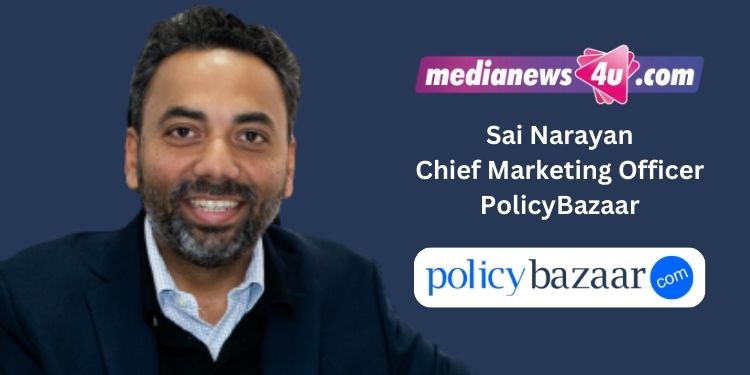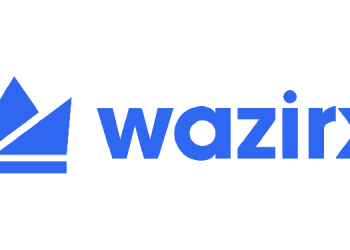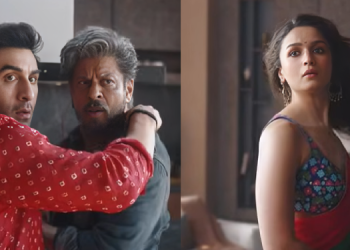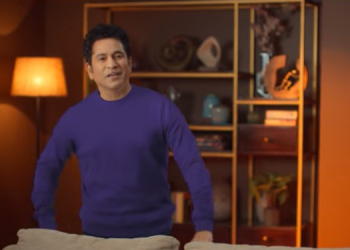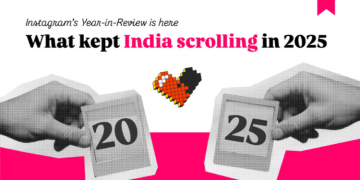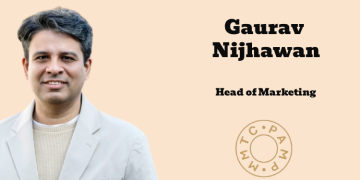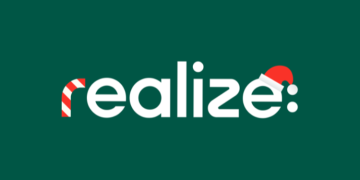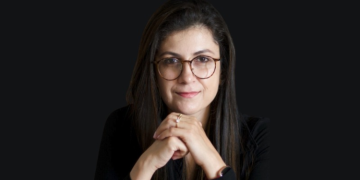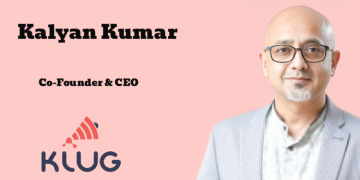PolicyBazaar’s tagline is ‘Har family hogi insured’. The IRDAI envisions that all Indians are insured by 2047. Do you believe India is on track to getting there, and how has insurtech catalysed this journey till date?
What happens when someone does not have a health insurance or a term insurance policy? India largely is still a single income household, except of course in the metros. When the income is dependent on one person, and anyone in the family falls ill, that puts a burden on the entire household. Similarly, if the earning member passes away – I am talking about the pure, classic middle class India – the entire burden is on the family. Therefore, the need for protection is the single most important thing for households; even before they think of buying a new car or even new white goods, they should think of buying insurance as a product.
It is going to protect the income of the family and it is an investment. The education for this has been quite low in India. Not just PolicyBazaar, our insurance partners, the regulator, all of us are championing this cause of educating consumers on why it is important.
If you zoom in to PolicyBazaar, we were the first to invest a huge amount of dollars to educate people about protection, largely health and term insurance. We championed the cause.
If you ask me, we have some way to go, but we’re pretty much getting there.
Around 10 or 12 years back, I was in an insurance company (not an intermediary like PolicyBazaar). The customer would never walk into our office to buy an insurance policy. It was pretty much the push factor that sold insurance. But because of this consistent advertising by PolicyBazaar over a period of time, there is a set of customers who are directly logging onto our website or app wanting to know more about health or term insurance. These conversations have started and this is a very, very positive move.
The mission towards 2047 requires more partners, more industry initiatives for educating the customer, and this entire thing of online and offline coming together. But we are definitely in a better space today than we were a decade ago.
PolicyBazaar has been an early mover on education. We have seen campaigns like ‘Sar Utha Ke Jiyo’ and even work from LIC, even earlier. Would you agree that those campaigns didn’t make so much of a dent in terms of penetration?
I don’t think we can say that. It did create a dent. ‘Sar Utha Ke Jiyo’ was an iconic campaign. I remember people talking about it.
What has changed is that today there is more active communication happening. If you look at PolicyBazaar’s communication, we are pretty much direct and we say things like it is. Previously, the conversation around death was not happening. Conversations about insurance and the importance of insurance were happening. But a lot of people were mollycoddling around it. Right from the time we started advertising, we called a spade a spade. If you look at our communication, like Yamraaj, to ‘Ullu mat bano’ to the more recent ‘Ghor paap’ campaign with Pankaj Tripathi, it is telling the consumer that if you die, the death is going to impact the entire family, so don’t be irresponsible.
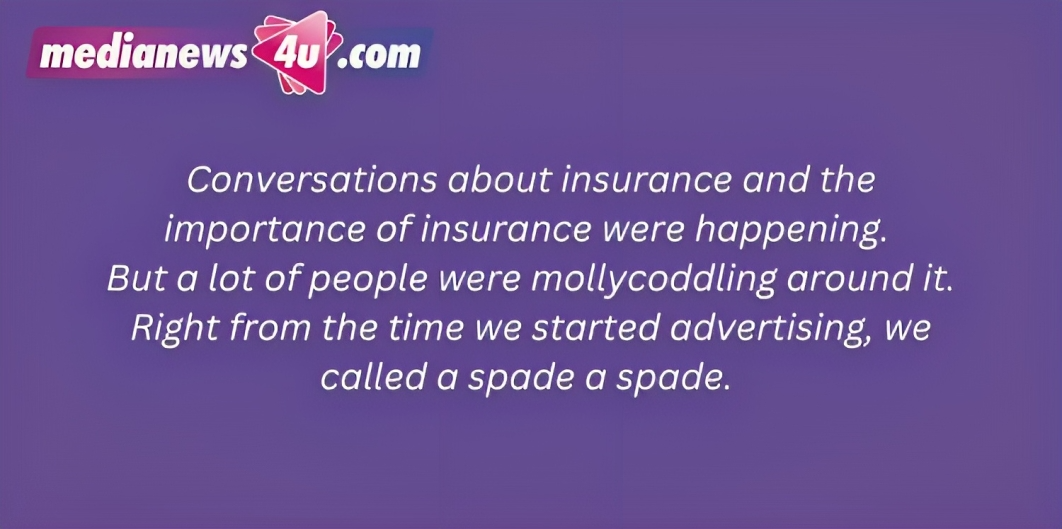
Telling a man that you are being irresponsible for not buying a term insurance is a very big thing in the Indian context. Someone might just say, ‘How can you call me irresponsible, when I am earning for the household working a 9 to 5 job, putting the food on the table and taking care of everything else?’ But, not buying term insurance is the biggest act of irresponsibility. If there were fence-sitters, PolicyBazaar pushed them.
Even with health insurance, we have seen a lot of communication saying ‘Health is wealth’, ‘Be healthy’ and so on. We said if you don’t take health insurance, all your savings will be wiped out. People lose all their savings with just one person in the family falling unwell.
This kind of hard-hitting communication egged people to check out PolicyBazaar. Our mission has been to educate people and build the brand around that.
This hard-hitting communication has obviously worked – which is why we are talking about it. How has its success been tracked and measured?
We are a listed company now, and we were funded by investors earlier. So every dollar that we spend, needs to be measured. We have very clear RoI metrics.
Whenever we did a large TV campaign, our website traffic used to increase. This used to happen because of the second screen phenomenon. You’re watching TV and if a piece of communication is engaging enough, you end up searching for it on the mobile. If we were advertising for motor or health (or something else) on prime time, the next day we would come into the office and see the data – there is a significant jump in leads and traffic during that time slot for the advertised product. That encouraged us to invest more on TV because we could see the RoI, and also, the brand building exercise was happening.
We were obviously tracking awareness, recall and other hygiene metrics like everyone else, but we were more focused on the campaigns we were running and the traffic we were generating with respect to that product category. By virtue of being an online portal, visitors end up shopping for other products as well.
You mention that TV worked well for you. Now in the age of Connected TVs and OTT, what does the media mix look like?
We are a digital-first brand. Our presence on digital is very high, be it on Google search or Meta or any other platform. In terms of our brand building efforts, a large share goes to TV. We have also been consistently advertising on Connected TV and other digital platforms. A lot of OTTs are still not open for advertising. When that opens up we will be there as well.
Each of the campaigns must have been rooted in a particular context, and created in response to particular challenges. Can you talk us through some of them?
Let me divide the campaigns into three broad phases.
When we started out, PolicyBazaar was a novel concept that people weren’t aware of. We took our insights from what was happening at that point of time – there was a lot of push-based sales, a lot of mis-selling with things like ULIPs. This was back in 2008-’09. Our first ever campaign was ‘Ullu Mat Bano’.
The first insurance that a person would have bought would be through an agent, who would be your father’s best friend (or someone known). The buyer wouldn’t know what the policy is, or what returns he would be getting. The ‘Ullu Mat Bano’ campaign was about the fact that the power should lie in the hands of the consumer. The proposition was – Compare on PolicyBazaar.com before you buy.
The second phase was when we realised that the role of PolicyBazaar was not just to tell people to come and compare, but to start educating them. We spoke about this earlier. This was the single most important phase for us, where we took the responsibility of building the category – explaining to consumers why it is important to buy term insurance or health insurance.
The third phase, which is a very exciting phase right now, is about the single most important moment of truth in the life of a consumer – claims. A consumer buys an insurance product hoping that he would never have to use it. But if he has to use that product, the claims experience is extremely important.
We’ve built a product with insurers on claims; it is about how we can help consumers at their toughest time. We recently did some customer testimonial campaigns which went live on TV and digital platforms. Our own customers were talking about their claims experience.
Would it be right to say that auto insurance is the most sold online? And life/term, the least?
Motor insurance is compulsory. And there are just a couple of things people look at, apart from price. I would say the assistance required in buying motor insurance is not very high.
A health insurance or term insurance is slightly more complicated. People require some bit of handholding and help in understanding features. There are a lot of questions, making it difficult for people to buy it themselves, online. Having said that, because of PolicyBazaar a lot of people have started buying it online, but there is a percentage of assistance that happens on our side also. There is the call centre and we have also started feet-on-street, for when a customer wants someone to visit.
There are so many digital insurance options today. Apart from the comparison that it allows, is there a differentiator that PolicyBazaar offers?
Comparison is just a single point of entry for the consumer.
We work very closely with our insurance partners to co-create products for consumers. PolicyBazaar is blessed with the ability to listen to consumers on a daily basis. Not just listening, but also understanding their problems, challenges they find in a product and so on. We take these as insights and go back to our insurance partners, to build products for those needs.
For example, sometime back, to renew your expired car insurance, a physical verification used to happen. Along with the insurance company, we made it digital.
I spoke about claims assistance. It is not a platform where you simply compare and we just pass on leads to insurance companies. It is an end-to-end service, from comparing products to selecting them to assisting you in buying them to claims. That is the promise around which we are building the brand.
Consumers like it that way – they want to speak to just one person. Irrespective of who has issued the policy, if the consumer bought it from PolicyBazaar they want end-to-end closure.
What next for PolicyBazaar? Is awareness an achieved target or is it ongoing?
It is ongoing. People are aware of us. Even if they end up buying elsewhere, they will still search for PolicyBazaar when it comes to insurance. We want that awareness to quadruple.
There is a lot to be done. The industry needs to come together to create products which are simpler for the consumers to understand. We need to improve affordability so that more people buy insurance. We need to build more trust that by investing in insurance one is in safe hands – that your claims will get settled. The other important thing is to educate people to declare illnesses upfront when it comes to health insurance. Most claims don’t get settled because illnesses aren’t declared upfront. Also, the power of physical and digital need to come together to solve the larger problems.
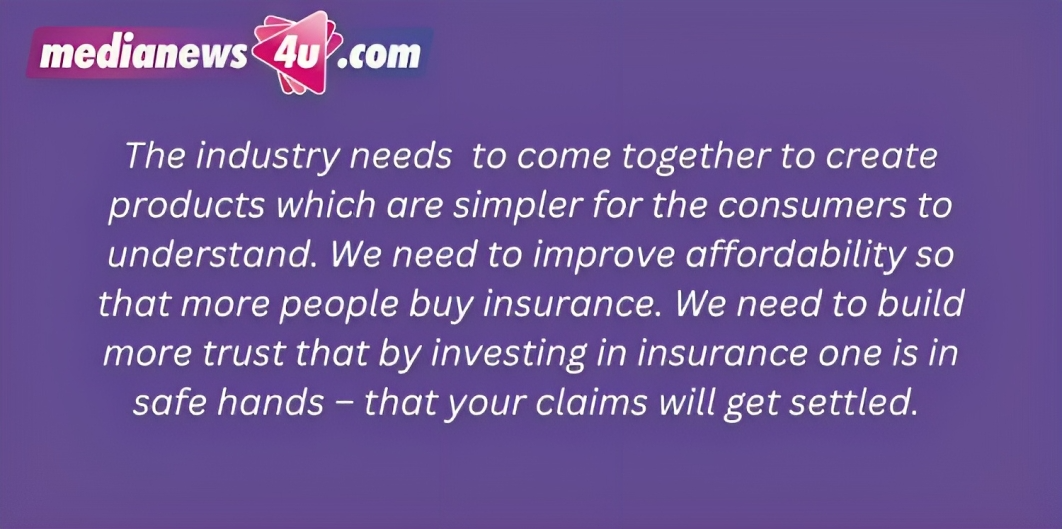
(First published by The Free Press Journal BrandSutra. Content powered by MediaNews4u.com. Feedback: [email protected])

